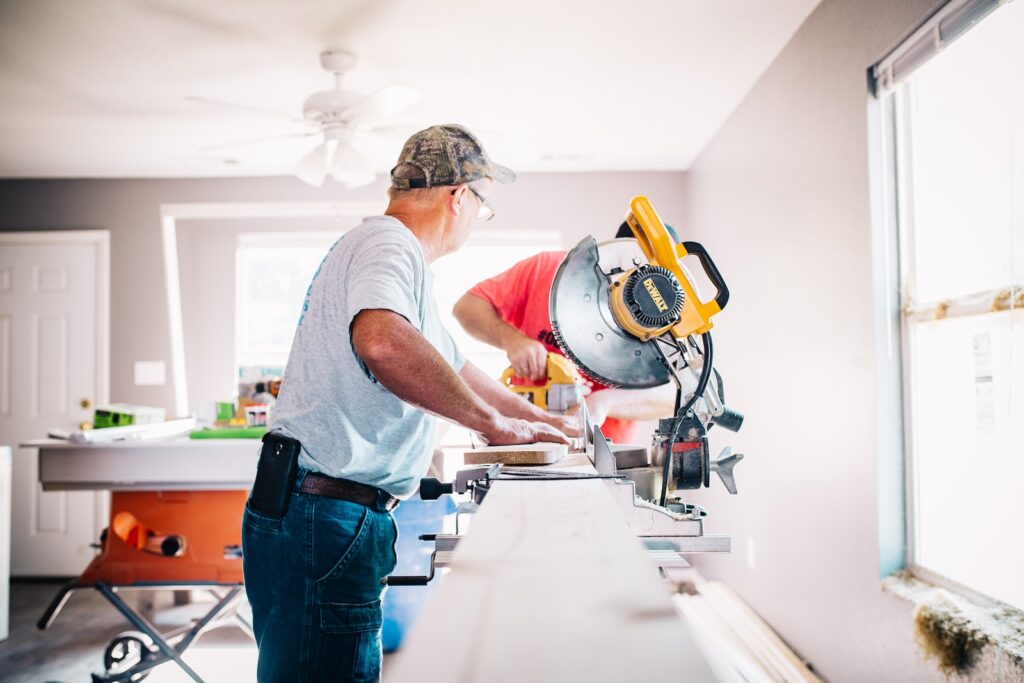How to Get Started with Rehab Loans: A Beginner’s Guide for Investors
How to Get Started with Rehab Loans: A Beginner’s Guide for Investors
Are you a beginner investor interested in real estate but not sure where to start? Do you want to learn about the benefits of rehab loans and how they can help you get started in the world of real estate investing? If so, then you’ve come to the right place!
This beginner’s guide will walk you through everything you need to know about rehab loans and how to get started with them.
What you’ll find in this guide
As a beginner investor, it can be overwhelming to navigate the complex world of real estate. You may feel like you don’t know where to start, or that the process is too complicated.
But don’t worry, we’ve got you covered! This guide is specifically designed for beginners like you, so you can get started with confidence and ease.
By the end of this guide, you’ll have a clear understanding of what rehab loans are, how they work, and how they can benefit you as an investor. You’ll also learn about the different types of rehab loans available, and the steps you need to take to apply for one.
How do rehab loans work
Rehab loans are a type of loan that is used to finance the renovation or repair of a property. They work by providing funds to the borrower to cover the cost of the renovation, and then the loan is repaid over a period of time, usually with interest.
There are two main types of rehab loans: traditional rehab loans and FHA 203(k) loans.
- Traditional rehab loans are provided by private lenders and are typically used for larger renovation projects. These loans require a higher credit score and a larger down payment than FHA 203(k) loans. They also have higher interest rates and shorter repayment terms.
- FHA 203(k) loans are backed by the Federal Housing Administration and are designed to help homebuyers who want to purchase a home that needs significant repairs or renovations. These loans have lower credit score requirements and lower down payments than traditional rehab loans. They also have longer repayment terms and lower interest rates.
In both cases, the loan amount is based on the value of the property after the renovations are complete. This means that the borrower can finance the cost of the renovations and potentially increase the value of the property at the same time.
Rehab loans can be a good option for borrowers who want to purchase a fixer-upper property or for homeowners who want to make significant improvements to their current home. However, it is important to carefully consider the costs and requirements of the loan before applying.
What are rehab loans and some of their key benefits
Rehab loans, also known as renovation loans, are a type of loan that allows investors to purchase a property and fund the necessary repairs and renovations. Rehab loans are typically used for fix-and-flip properties, where the investor purchases a property, renovates it, and then sells it for a profit.
Rehab loans, also known as renovation loans, are a type of loan that allows investors to purchase a property and fund the necessary repairs and renovations. The purpose of a rehab loan is to help investors improve the value of a property that needs significant repairs or updates.
Rehab loans are typically used for fix-and-flip properties, where the investor purchases a property, renovates it, and then sells it for a profit. The loan amount is based on the value of the property after the renovations are completed, and the interest rates on rehab loans are often higher than traditional mortgage loans due to the higher risk associated with these types of investments.

Example of a rehab loan
For example, let’s say you find a property that is in a great location but needs some work. With a rehab loan, you can purchase the property and fund the renovations needed to bring it up to market value. Once the property is renovated, you can then sell it for a profit.
Another example is if you already own a property that needs renovations, you can use a rehab loan to fund the repairs and improvements needed to increase the property’s value.
Benefits of rehab loans
Rehab loans offer several benefits for investors looking to get started in the world of real estate. Here are some of the key benefits:
- Increased property value
- Rehab loans allow investors to fund repairs and renovations that can significantly increase the value of a property. By improving the property’s value, investors can sell the property for a higher price and potentially make a larger profit.
- Access to funding
- Rehab loans provide investors with access to funding that they may not have otherwise had. This is especially important for beginners who may not have a lot of capital to invest upfront.
- Faster return on investment
- By using a rehab loan to fund renovations, investors can potentially complete the project faster and sell the property for a profit sooner than they would have without the loan.
- More investment opportunities
- With a rehab loan, investors have access to a wider range of investment opportunities. They can purchase properties that are in need of significant repairs or renovations, which may not have been possible without the loan
- Flexibility
- Rehab loans offer investors a lot of flexibility in terms of the types of properties they can purchase and the renovations they can fund. This can help investors find the right investment opportunity to suit their needs and goals.
Rehab loans offer investors a great way to get started in the world of real estate and can help them achieve their investment goals more quickly and effectively.

